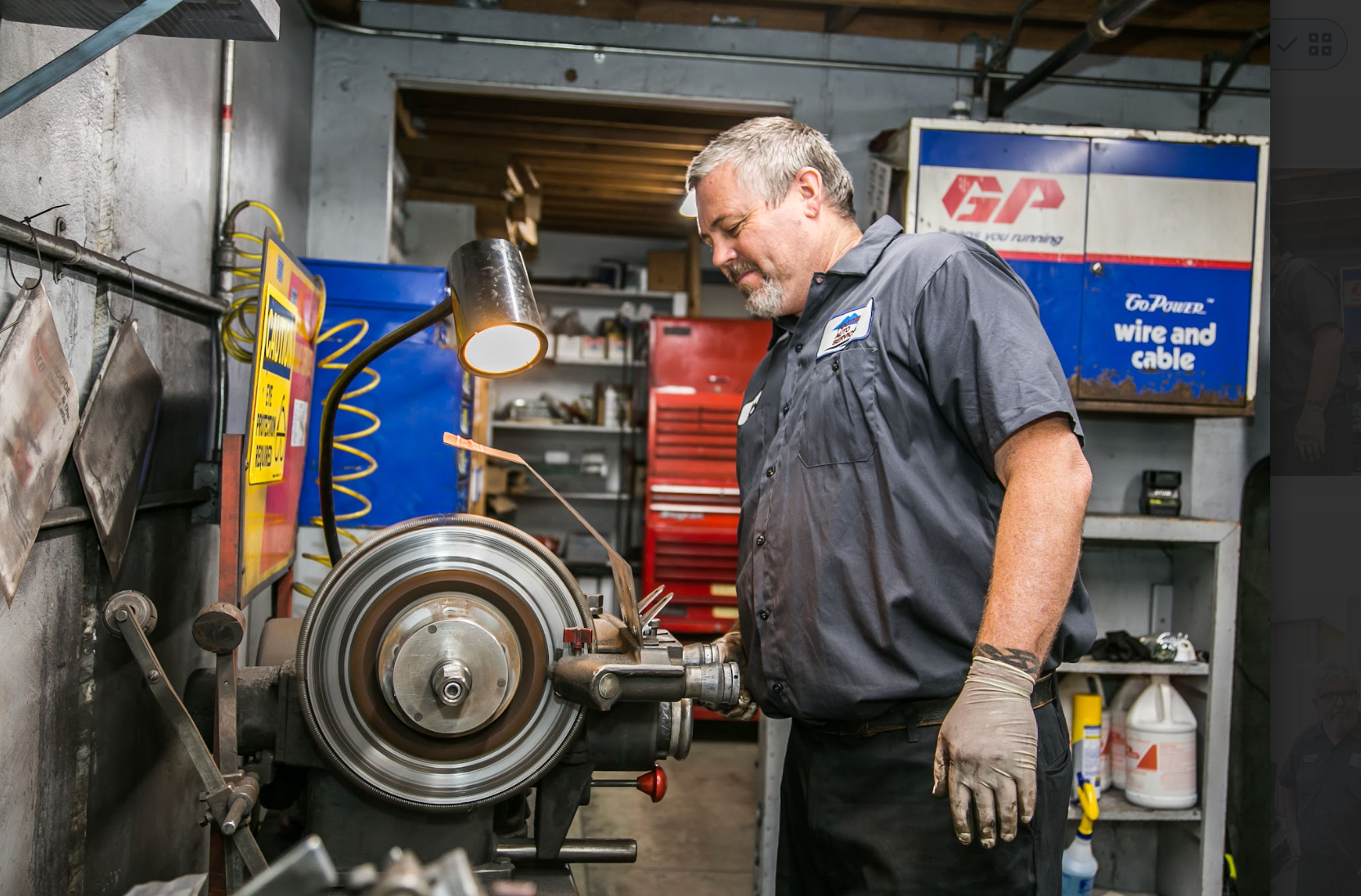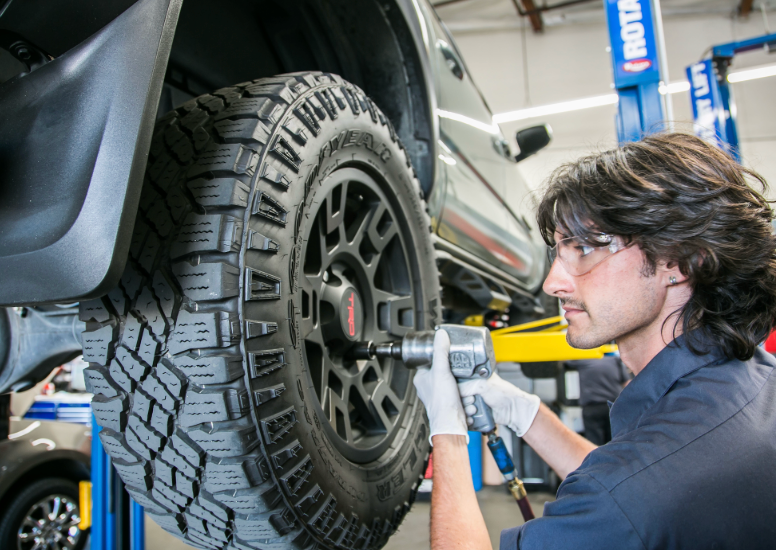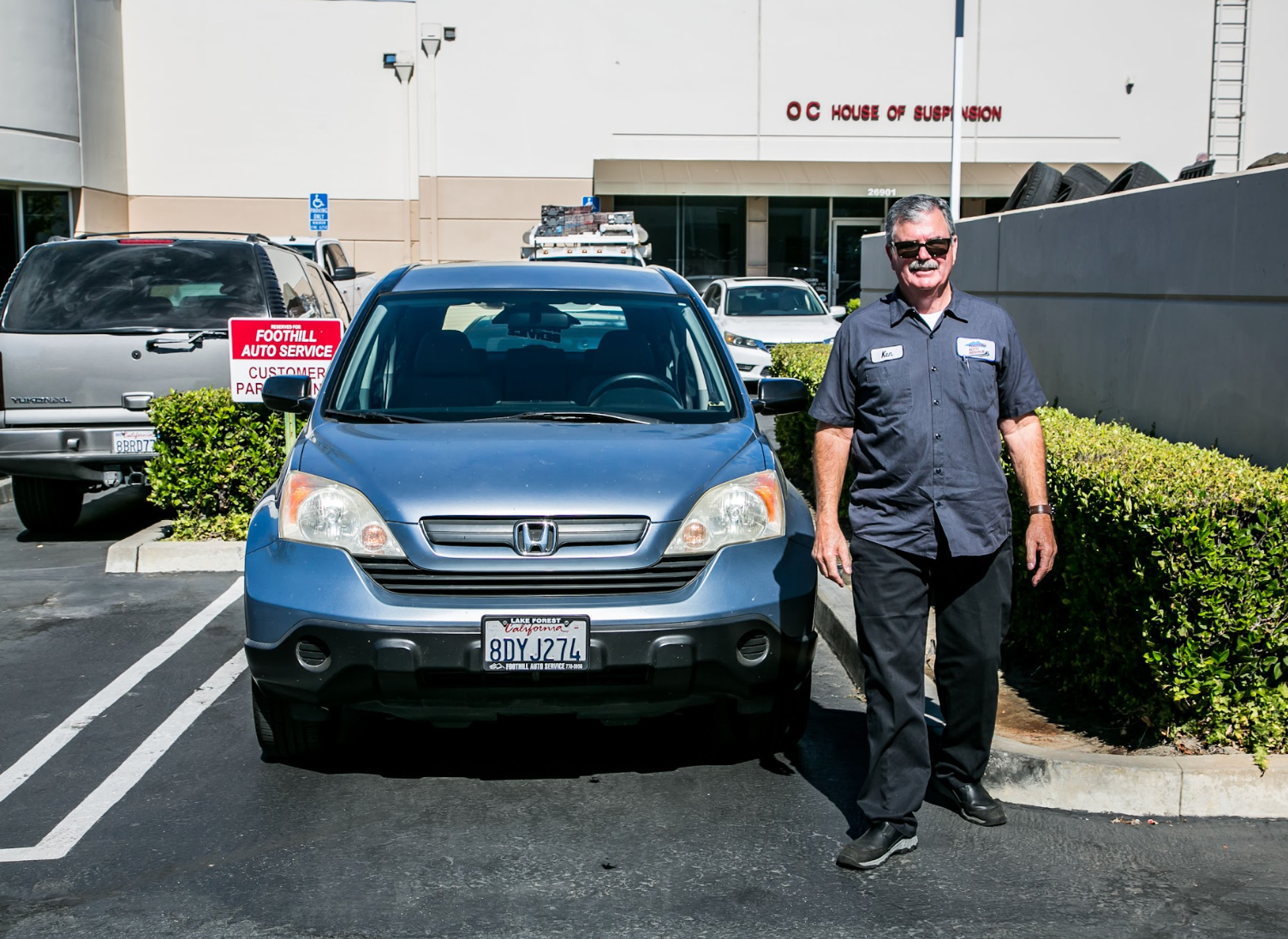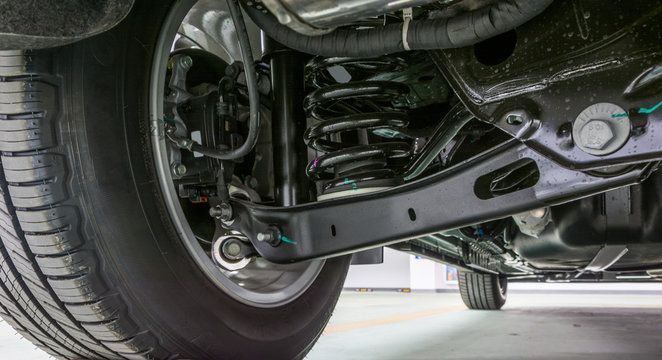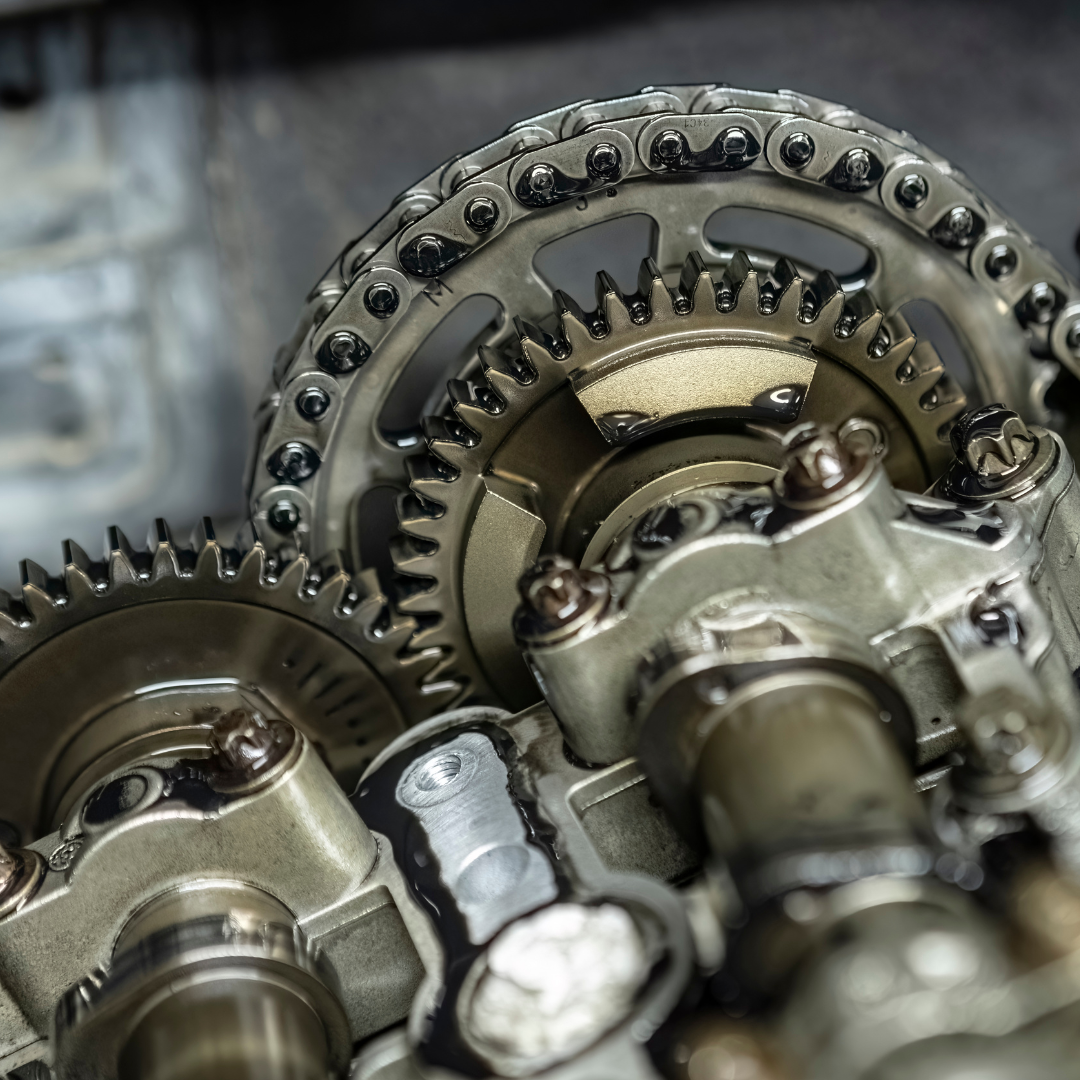When and Why to Replace Your Car's Air Filters
Ensuring Optimal Performance and Longevity for Your Vehicle

Though not the most visually striking auto parts, car air filters ensure seamless vehicle operation. These indispensable components make it possible to sustain purified cabin and combustion air in your ride. If overlooked or poorly maintained, these unsung heroes can cause various issues, including decreased fuel efficiency and inferior indoor ventilation quality. In this piece, we will explore why you cannot underestimate car air filter significance, along with timing tips on when replacement is necessary and how their proper maintenance may lengthen your vehicle's lifespan.
Understanding Car Air Filters
Understanding the purpose and various types of air filters is crucial for grasping the importance of replacing them in your vehicle.
Types of Air Filters
Your vehicle has two primary categories of air filters: one for the engine and another for the cabin.
Engine Air Filter: The primary function of an engine's air filter is to protect it from contaminants such as dust, dirt, and debris. The filtration system enables clean air to enter during combustion, enabling optimal performance levels for efficient engine functioning. Should this filter become contaminated or congested with particles, airflow can be restricted, leading to diminished power capacity and lower fuel economy output.
Cabin Air Filter: The main purpose of a cabin air filter is to purify any impurities in the airflow that enter your car's HVAC system. Its function extends beyond trapping allergens like pollen and dust particles; it also captures other airborne pollutants. As a result of this process, you can savor an unpolluted interior ambiance while driving without allergy triggers hindering you. However, having a filthy or obstructed cabin filter results in poor airflow circulation, negatively impacting odor distribution inside your vehicle environment and ultimately leading to suboptimal functioning of its HVAC mechanism.
Signs Your Air Filters Need Replacing
Knowing when to replace your car's air filters is equally important as understanding the reason behind doing it. Here are some typical signs that signal you need to contemplate replacing them:
Decreased Fuel Efficiency
When the engine air filter is blocked, fuel efficiency usually decreases as the contaminated barrier hinders airflow to the motor. As a result, more effort is required from your vehicle, causing it to consume extra gasoline. If you've been stopping at gas stations more frequently lately, inspecting your air filter for any clogging indications may be worthwhile.
Engine Misfires or Unusual Engine Sounds
A filthy air filter in your engine can lead to an inaccurate blend of fuel and oxygen, which may result in misfires or peculiar sounds while starting. If you notice some hesitation or stuttering during acceleration with your car, consider it a cautionary signal that demands the replacement of the air filter present within the engine.
Reduced Airflow from Vents
An obstructed cabin air filter can impede your car's HVAC system by diminishing the airflow through its vents. Consequently, controlling internal temperature settings may prove insufficient and worsen during difficult weather circumstances.
Strange Odors in the Cabin
Inspecting and potentially replacing the cabin air filter if you experience unusual smells from the vents when using heating or air conditioning is recommended. A dirty, aged filter can potentially distribute undesirable musty odors within your vehicle.
Benefits of Regularly Replacing Air Filters
Replacing the air filters in your car routinely delivers various benefits, such as enhanced performance and improved comfort while traveling.
Improved Engine Performance
Optimizing the combustion process can be achieved by keeping your engine air filter free from debris and contaminants, allowing for a sufficient clean oxygen intake. This results in heightened power output, boosted acceleration and improved overall vehicle performance. By preventing strain on different components due to clogged filters, the motor system operates with maximum efficiency while promoting longevity throughout its lifespan without requiring much effort.
Enhanced Fuel Efficiency
An uncontaminated air filter is crucial for achieving maximum combustion efficiency, ensuring the ideal fuel and fresh air blend. A clogged filter can restrict airflow, causing increased gasoline consumption by your engine, resulting in wastefulness at the pump, or bringing down gas mileage. To cut costs on fuel expenses or boost gas performance, it's advisable to maintain a healthy practice of frequently changing out the car's filtration set-up.
Better Air Quality Inside the Vehicle
Keeping the air in your car clean and free from pollutants is crucial for a safe journey, with the cabin's air filter playing a foundational role. Routine replacement of this component ensures that dust particles and allergens such as pollen are effectively trapped to create an environment inside the vehicle that supports optimal health. This is particularly important for those who suffer from allergies or respiratory issues, as it prioritizes comfort during their travels without experiencing any negative effects caused by polluted air.
Prolonged Engine Life
When air filters are dirty, harmful particles can penetrate the engine and cause it to experience greater wear and tear as time passes. This could lead to costly repairs being necessary due to the damage caused. To safeguard against these issues and promote the long-term dependability of your engine, keeping clean air filters is crucial in extending its lifespan while also shielding it from dangerous substances.
How Often Should You Replace Your Air Filters?
Knowing the suggested intervals for replacing your air filters is essential to maintaining efficiency. Listed below are a few common recommendations:
Manufacturer Recommendations
Most car manufacturers suggest replacing the engine air filter after 15,000-30,000 miles, while the cabin air filter should be replaced every 15,000-20,000 miles. But remember that these numbers are not absolute and might differ from car to car based on its make and model. Hence, we recommend referring to your vehicle's owner manual for precise maintenance recommendations suitable for its type.
Factors That Influence Replacement Frequency
Various factors can affect the frequency of air filter replacements. Areas with high levels of dust and pollution or frequent driving may result in faster debris accumulation on filters, necessitating more regular replacement. Additionally, if you frequently drive in congested areas or engage in stop-and-go traffic, it's crucial to monitor your filters closely since they may require earlier cleaning and replacement than the manufacturer recommends. To ensure timely adjustments to filtering intervals, maintenance schedules should be observed regularly for any symptoms mentioned above during routine inspections.
How to Check Your Air Filters
Despite the recommendation to have your air filters checked during routine maintenance visits, you can also perform a self-inspection using simple steps.
Checking the Engine Air Filter
To confirm the state of your vehicle's engine air filter, begin by locating the air filter housing beneath its hood. This component is typically a black plastic container fastened with metallic attachments. Once you reveal it and remove the existing air filter inside, hold up this piece to any available light source. If no sunlight passes through or it appears dirty and clogged, immediate replacement is warranted.
Checking the Cabin Air Filter
Typically, you can find the cabin air filter behind your vehicle's glove compartment or underneath its dashboard. For more precise details on where to locate it, refer to your owner's manual. Once found, all that is needed is to remove its cover and extract the filter. In much the same way as an engine air filter functions, swapping it out for a new one may be in order if you see it appear dirty or blocked with debris.
When to Seek Professional Help
There are times when it is best to enlist the help of a professional, despite air filter maintenance being something that can typically be handled independently. Consider the following circumstances in which seeking expert assistance for your vehicle may be necessary:
Recognizing Major Issues
It is wise to consult an expert if you notice any significant issues, like decreased engine performance, unusual motor noises, or persistent strange odors inside your car's cabin. These signs could indicate more severe problems that require professional assessment and repair. Additionally, if replacing or examining your air filters appears confusing or uncomfortable, a specialist can handle this task promptly and efficiently.
Importance of Professional Diagnostics
Armed with specialized skills and advanced equipment, automotive mechanics can perform comprehensive inspections on your vehicle. They are proficient in identifying defects that may not be immediately apparent and validating the proper operation of all aspects of your car's air filters. Employing this meticulous approach helps avoid potential problems down the line, guaranteeing optimal performance for your vehicle over an extended period.
Expert Technicians and Quality Service
At Foothill Auto Service, we encourage you to make routine check-ups a part of your vehicle's care regimen. This ensures that issues are caught and addressed early and gives you peace of mind. When you visit us, you can trust that your vehicle is being looked after by professionals as invested in its well-being as you are. Foothill Auto Service is your trusted partner in ensuring your vehicle runs smoothly. Schedule an appointment with Foothill Auto Service today. Visit us at 26911 Vista Terrace, Lake Forest, CA 92630, or call us today!


